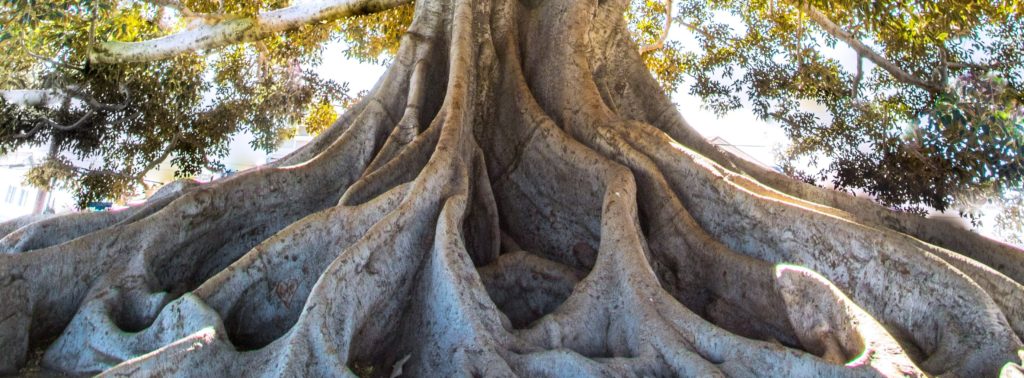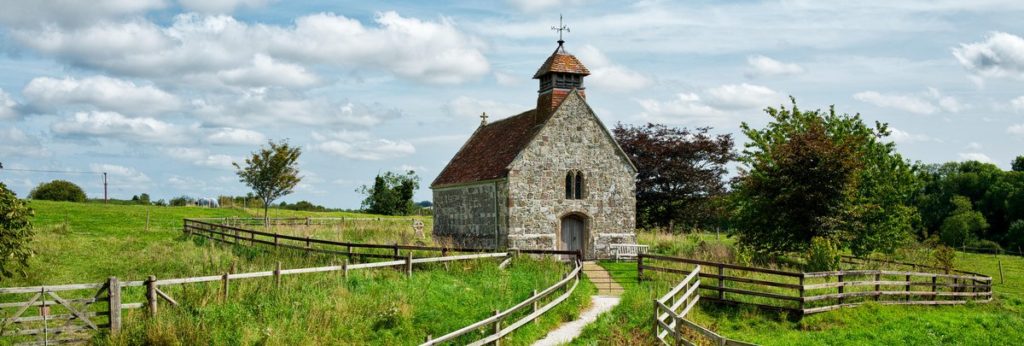I was busy wiping a cow’s backside when the Lord spoke.

On our farm in England, we kept 150 dairy cows. We struggled to make money, so we decided to keep pedigree Holsteins, worth several times an ordinary cow. Their daughters could fetch thousands of pounds.
The only thing was, you had to take them to livestock shows. If they won, their value increased.
Showing cows was an art. We began halter training as calves, so they were tame. We gave them the best food; the cows had to be in glowing health for the show. But one thing you cannot do is house-train a cow!
On the day we rose early and clipped, washed, polished and sprayed. Ethel, my favorite, was ready for the ring. We’d spent hours with her, and she sparkled.
Then she lifted her tail, about to poo. Disaster! I grabbed the prong and piled straw behind her to catch the splashes. When she’d finished, I picked up a giant loo roll and wiped up. That was the moment the Lord spoke.
“John!” His voice echoed in my head as clear as a bell. “Do you want to do this for the rest of your life?”
He got me! I loved farming and I loved my cows, but God’s Kingdom was far more important. I think that was the moment I decided to sell the farm. Was it easy? No.
But the Lord promises, “Everyone who has left houses or brothers or sisters or father or mother or children or fields for my sake will receive a hundred times as much and will inherit eternal life” (Matthew 19:29).
Our life has been an adventure ever since, traveling the world, seeing thousands saved and healed. What a privilege to work in the Lord’s harvest fields, and I no longer have to clean cows.



